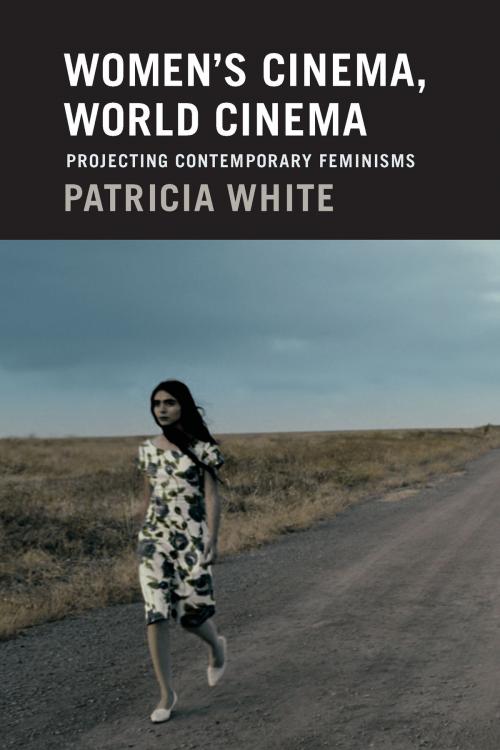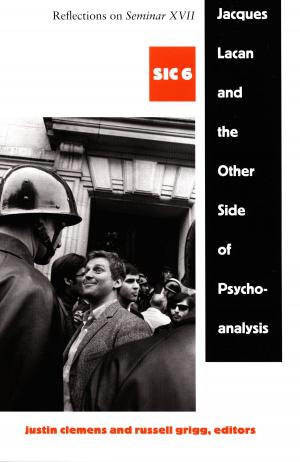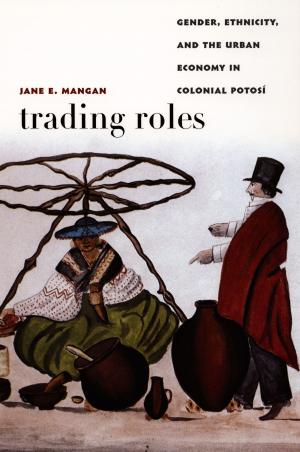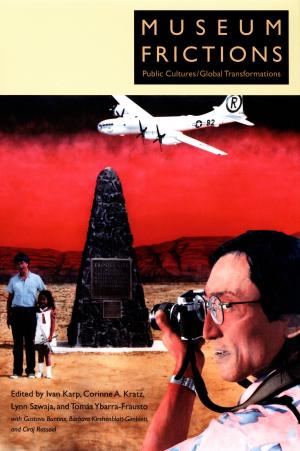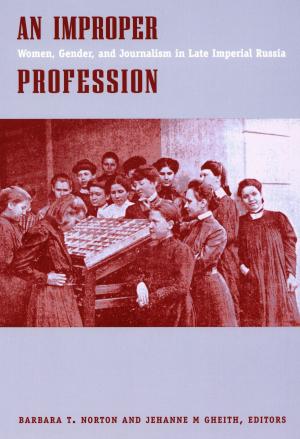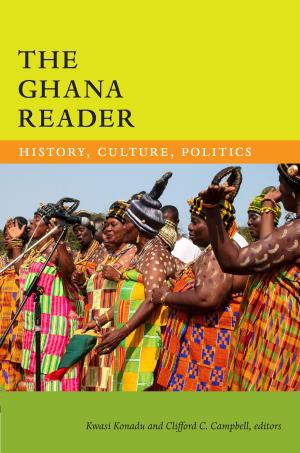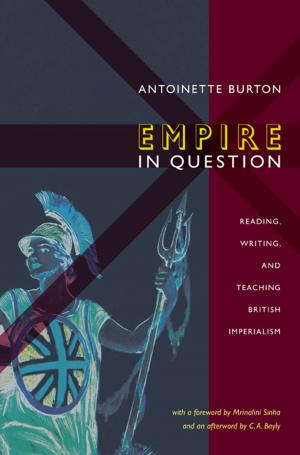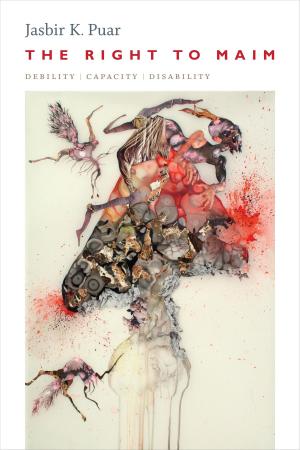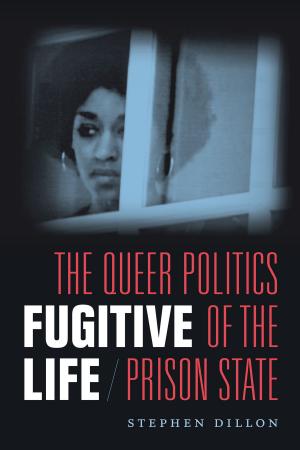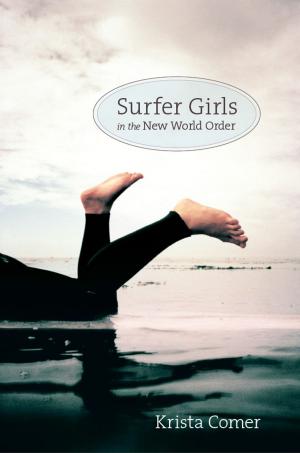Women's Cinema, World Cinema
Projecting Contemporary Feminisms
Nonfiction, Entertainment, Film, History & Criticism, Performing Arts, Social & Cultural Studies, Social Science, Gender Studies, Women&| Author: | Patricia White | ISBN: | 9780822376019 |
| Publisher: | Duke University Press | Publication: | April 20, 2015 |
| Imprint: | Duke University Press Books | Language: | English |
| Author: | Patricia White |
| ISBN: | 9780822376019 |
| Publisher: | Duke University Press |
| Publication: | April 20, 2015 |
| Imprint: | Duke University Press Books |
| Language: | English |
In Women’s Cinema, World Cinema, Patricia White explores the dynamic intersection of feminism and film in the twenty-first century by highlighting the work of a new generation of women directors from around the world: Samira and Hana Makhmalbaf, Nadine Labaki, Zero Chou, Jasmila Zbanic, and Claudia Llosa, among others. The emergence of a globalized network of film festivals has enabled these young directors to make and circulate films that are changing the aesthetics and politics of art house cinema and challenging feminist genealogies. Extending formal analysis to the production and reception contexts of a variety of feature films, White explores how women filmmakers are both implicated in and critique gendered concepts of authorship, taste, genre, national identity, and human rights. Women’s Cinema, World Cinema revitalizes feminist film studies as it argues for an alternative vision of global media culture.
In Women’s Cinema, World Cinema, Patricia White explores the dynamic intersection of feminism and film in the twenty-first century by highlighting the work of a new generation of women directors from around the world: Samira and Hana Makhmalbaf, Nadine Labaki, Zero Chou, Jasmila Zbanic, and Claudia Llosa, among others. The emergence of a globalized network of film festivals has enabled these young directors to make and circulate films that are changing the aesthetics and politics of art house cinema and challenging feminist genealogies. Extending formal analysis to the production and reception contexts of a variety of feature films, White explores how women filmmakers are both implicated in and critique gendered concepts of authorship, taste, genre, national identity, and human rights. Women’s Cinema, World Cinema revitalizes feminist film studies as it argues for an alternative vision of global media culture.
